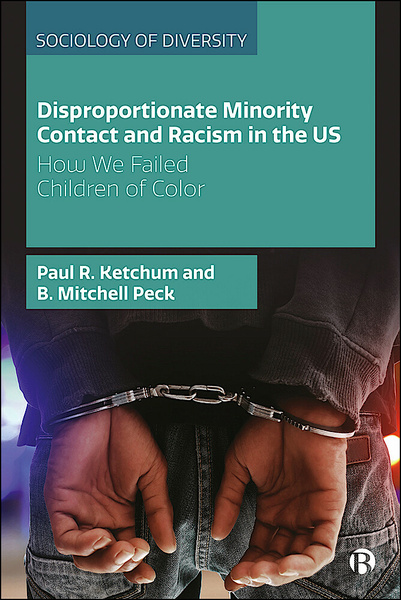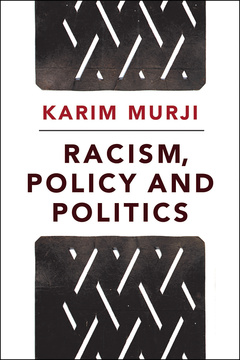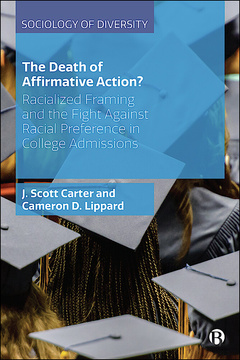Disproportionate Minority Contact and Racism in the US
How We Failed Children of Color
By Paul R. Ketchum and B. Mitchell Peck
ISBN
978-1529202458Dimensions
234 x 156 mmImprint
Bristol University PressISBN
978-1529202403Dimensions
234 x 156 mmImprint
Bristol University PressISBN
978-1529202427Imprint
Bristol University PressISBN
978-1529202427Imprint
Bristol University PressIn the media
On our blog: POLICY BRIEFING: Disproportionate Minority Contact and Racism in the US
Disproportionate Minority Contact (DMC) refers to the proportional overrepresentation of minority youth at each step of the juvenile justice system.
This book addresses the issue of color-blind racism through an examination of the circular logic used by the juvenile justice system to criminalize non-White youth.
Drawing on original data, including interviews with court and probation officers and juvenile self-reports, the authors call for a need to understand racial and ethnic inequality in the juvenile justice system from a structural perspective rather than simply at the level of individual bias.
This unique research will contribute to larger discussions on how race operates in the United States.
"Disproportionate minority contact and racism meticulously weaves together original empirical research with existing data to examine the causes of racial disparities in the juvenile justice system." Ethnic and Racial Studies
"This is a necessary read for anyone interested in how race intersects with the criminal justice system. The book fills a need by providing justification for changes in social policy that many seek." John D. Carl, University of Oklahoma
"An in-depth look at DMC in Oklahoma using various types of methods which all seem to be pointing to the same thing: non-White youth are much like White youth, yet they receive differential treatment based on historical patterns that persist today and continue to perplex communities across the US." Carlos E. Posadas, New Mexico State University
Paul R. Ketchum is Assistant Professor of Criminal Justice at the University of Oklahoma.
B. Mitchell Peck is Associate Professor of Sociology at the University of Oklahoma.
Introduction: Policy Born Out of Racist Myth
Occam’s Razor: Racial/Ethnic Inequality Throughout Society
Law Enforcement Contact with Juveniles: Arrests and Citations
The Juvenile Justice System: Intake Decisions and Outcomes
Juvenile Self-Reports of Deviant and Criminal Behaviour
Data Issues and the Case for Self-Report Data
Police, Juvenile Court and Juvenile Specialist Interviews
Conclusion and Discussion












